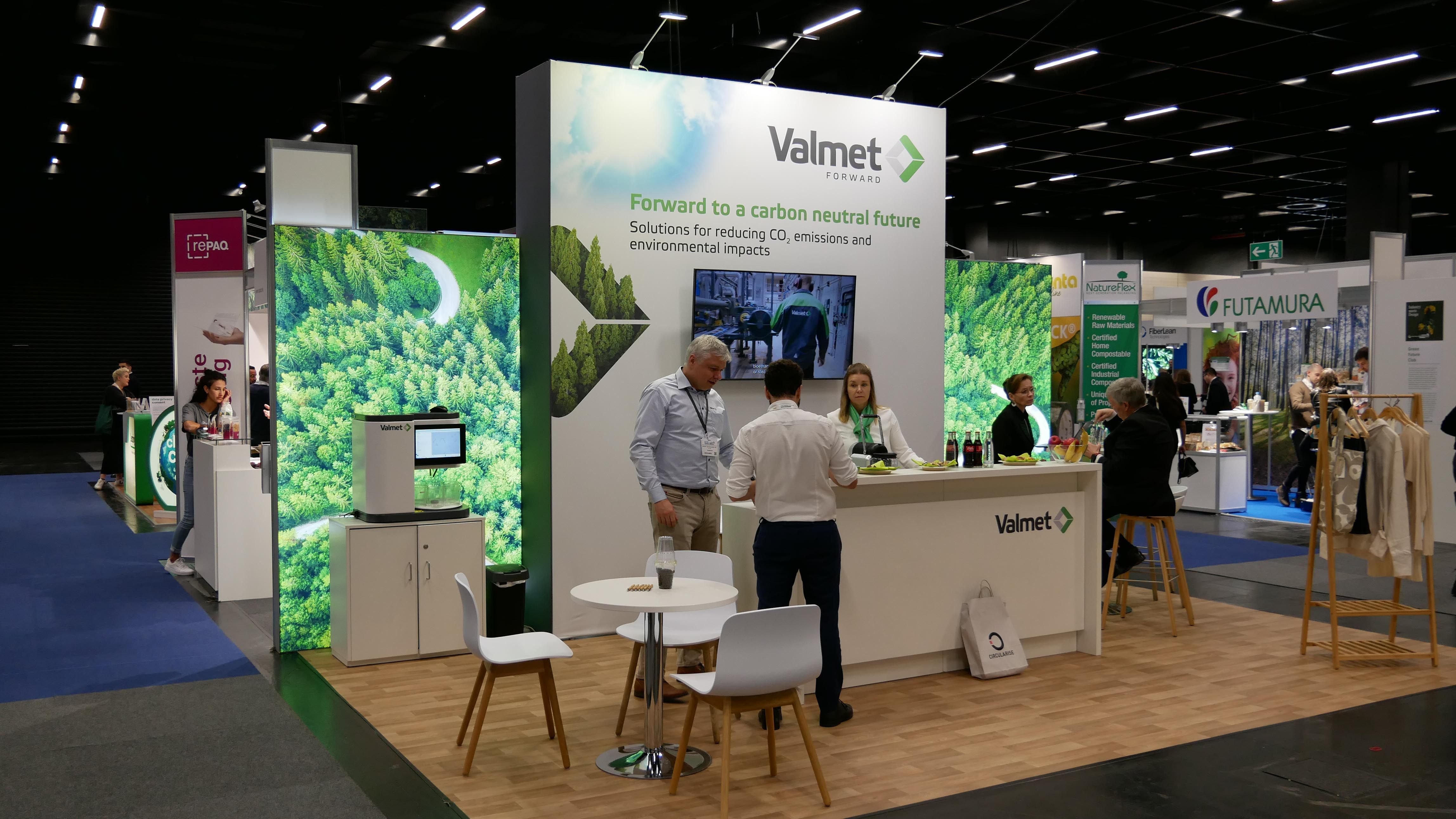
In an age defined by environmental consciousness and sustainable living, the importance of green manufacturing processes cannot be overstated. With growing concerns about climate change, resource scarcity, and pollution, industries across the globe are recognizing the need to adapt and adopt environmentally friendly practices. The transition to green manufacturing processes represents a significant shift towards a more sustainable future.
The Greener Manufacturing Show by Trans-Global Events is the must-attend event for any company committed to sustainable manufacturing. This unique gathering offers a wealth of insights, innovations, and solutions designed to empower businesses to design and manufacture their products from more sustainable materials. Here are the main themes that will be discussed at the event:
Energy & Resources: A Path to Sustainability
One of the key pillars of green manufacturing is the adoption of renewable energy sources. Making the transition to 100% renewable energy is a game-changer. It not only reduces a company's carbon footprint but also preserves valuable natural resources. By embracing corporate energy sourcing, renewable energy providers, energy management and reporting, and employing bioenergy technology, businesses can maximize efficiency while minimizing environmental impact. Microgrids and energy storage solutions are further innovations that help stabilize power supply and reduce strain on the grid.
Additionally, green manufacturing processes encompass waste heat recovery, waste-to-energy, and combined heat and power systems, which extract value from excess heat and convert waste into usable energy, thus reducing waste and conserving resources. Water recycling technology and efficient water management are also critical, as they help companies reduce their water consumption, minimize environmental pollution, and enhance sustainability. These technologies not only save resources but also protect ecosystems.
In terms of lighting and HVAC systems, energy-efficient HVAC and LED lighting are prime examples of how companies can reduce their energy consumption and associated emissions. Energy-saving technologies, when integrated into manufacturing processes, lead to cost savings and a smaller carbon footprint.
Green manufacturing processes also emphasize the importance of reducing dependency on fossil resources. The next generation of greener chemicals created from bio-based renewable feedstocks is a promising step in the right direction. By using sustainable feedstocks, industries can reduce their reliance on non-renewable resources, mitigate environmental damage, and enhance product quality. These chemicals not only enhance product quality but also minimize the environmental impact.
Emission Reduction: Leading the Carbon-Neutral Charge
Becoming carbon neutral or even carbon negative is a goal that many companies are striving to achieve. The path to these ambitious targets lies in adopting emission reduction strategies. Carbon capture and storage, industrial emissions control technologies, and carbon reduction services are vital tools in this endeavor. These solutions help industries reduce their greenhouse gas emissions and sequester carbon, thereby contributing to a healthier planet.
Technologies like VOC treatment, exhaust scrubbing, and emission measurement are essential in curbing harmful pollutants, ensuring cleaner air quality, and fostering healthier communities. Carbon offsetting, natural climate solutions, and zero-emission delivery vehicles further complement the quest for emission reduction, ensuring that businesses have a minimal environmental impact.
Circular Economy: Transforming Waste into Value
Perhaps one of the most exciting aspects of green manufacturing is its emphasis on a circular economy. In a circular manufacturing system, waste is transformed into something new and valuable. Innovative solutions in circular manufacturing, manufacturing waste management, and production waste recycling technologies enable industries to reduce waste, lower their costs, and enhance their sustainability.
Chemical recycling and life-cycle analysis play a critical role in assessing the environmental impact of products, offering insights into how to make them more sustainable. Compostability testing and circularity assessments help ensure that products can be disposed of in an eco-friendly manner. These measures help recover and extract value from 'waste' streams, reducing the environmental footprint of manufacturing operations.
The Greener Manufacturing Show is the ultimate destination for companies seeking to transition to greener, more sustainable manufacturing processes. By attending this event, readers can gain access to the latest innovations and technologies that will help them design and manufacture products from more sustainable materials, eliminate toxic chemicals, reduce emissions, and embrace the circular economy. The event is not just a gathering; it's a vital step towards a cleaner, healthier, and more sustainable manufacturing industry. Join the Greener Manufacturing Show and be a part of the sustainable revolution by registering at https://www.greener-manufacturing.com/greener-manufacturing.com.
